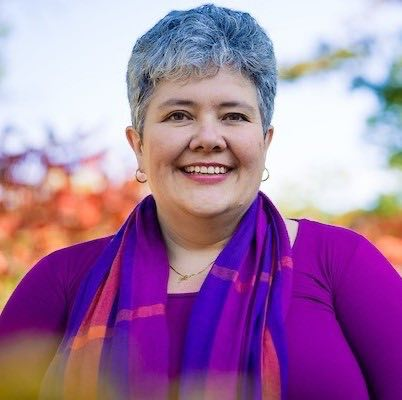This past summer, images of displacement had become inescapable. In June and July, hundreds of refugee claimants were forced to sleep on the streets of Toronto for lack of shelter, while municipal and federal governments wrangled over the cost. Entire cities, from Halifax to Yellowknife to Kelowna, had been forced to evacuate due to raging wildfires. And in communities across Ontario, growing numbers of unhoused people are forced to camp in parks and other public spaces for lack of affordable and supportive housing.
Refugees and refugee claimants, wildfire evacuees and residents of encampments may be the most visible examples of displacement before us in this moment, but there are many others. Indigenous people have experienced wave after wave of displacement from their lands, culture and families through removal from their traditional territories to the Indian residential school system to the Sixties Scoop and the ongoing impacts of the child welfare system. Migrant workers, unable to support their families at home due to economic and climate obstacles, must leave their families for months to work on Canadian farms under a system that denies them basic rights and protections and leaves them vulnerable to exploitation. Farmers themselves are displaced by once-protected agricultural lands being re-zoned for development, while native species of wildlife and flora face habitat loss that could lead to their extinction. Lower-income tenants are vulnerable to landlords who use above-guideline rent increases and renovictions to replace them with higher-paying tenants. Inadequate wages and income support levels force more and more people to depend on food banks and meal programs – and that experience of food insecurity undermines people’s sense of their place in the world. Indeed, ours is a world of rampant displacement, physically, economically, socially and more.
How do we inhabit such a world? This is the theme of this year’s diocesan Outreach & Advocacy Conference: “Living in Exile: Inhabiting a World of Displacement.” The scriptures are full of themes of exile and displacement, and how we are to live faithfully in such conditions. In this age, we may have “no lasting city” (Hebrews 13:14), yet in the practices of trust in God, sharing what we have and building up our communities, we resist the powers that uproot and separate us from each other.
The original keynote speaker for this year’s conference, Dr. Mary Jo Leddy, well-known for her work with refugee claimants at Romero House, unfortunately had to withdraw in late August due to medical reasons. We are pleased to announce that Dr. Brian Walsh has agreed to be our new keynote speaker. Dr. Walsh, who served for many years as adjunct professor at the Toronto School of Theology and pastor of the Wine Before Breakfast community at the University of Toronto, is the co-author of Beyond Homelessness: Christian Faith in a Culture of Displacement, whose 15th anniversary edition is being released this fall.
“From the countless thousands living on the streets, in shelters and squats under bridges, to an international socio-economic, geo-political and climate refugee crisis, to the literal burning up of our creational home in wildfires and temperatures that border upon uninhabitability, displacement and homelessness have become the socio-economic, ecological, cultural and spiritual reality of our times,” writes Dr. Walsh. “We need to address this crisis with biblical depth, lived experience, comprehensive vision and radical hope.”
“Living in Exile: Inhabiting a World of Displacement” will be held on Saturday, Oct. 28 from 9 a.m. to 3:30 p.m. The conference will be held online via Zoom, with separate sessions for the opening plenary, morning and afternoon workshops and the closing plenary discussion. Registration is required for each separate session. The closing plenary will offer a chance for participants to reflect together on what they have learned, and what they have been challenged or inspired to do differently going forward.
There is no charge for the conference. All are welcome to attend, for the entire day or only a part! Visit www.toronto.anglican.ca/outreachconference for more details and to register.



I’m proud of the work we’re doing